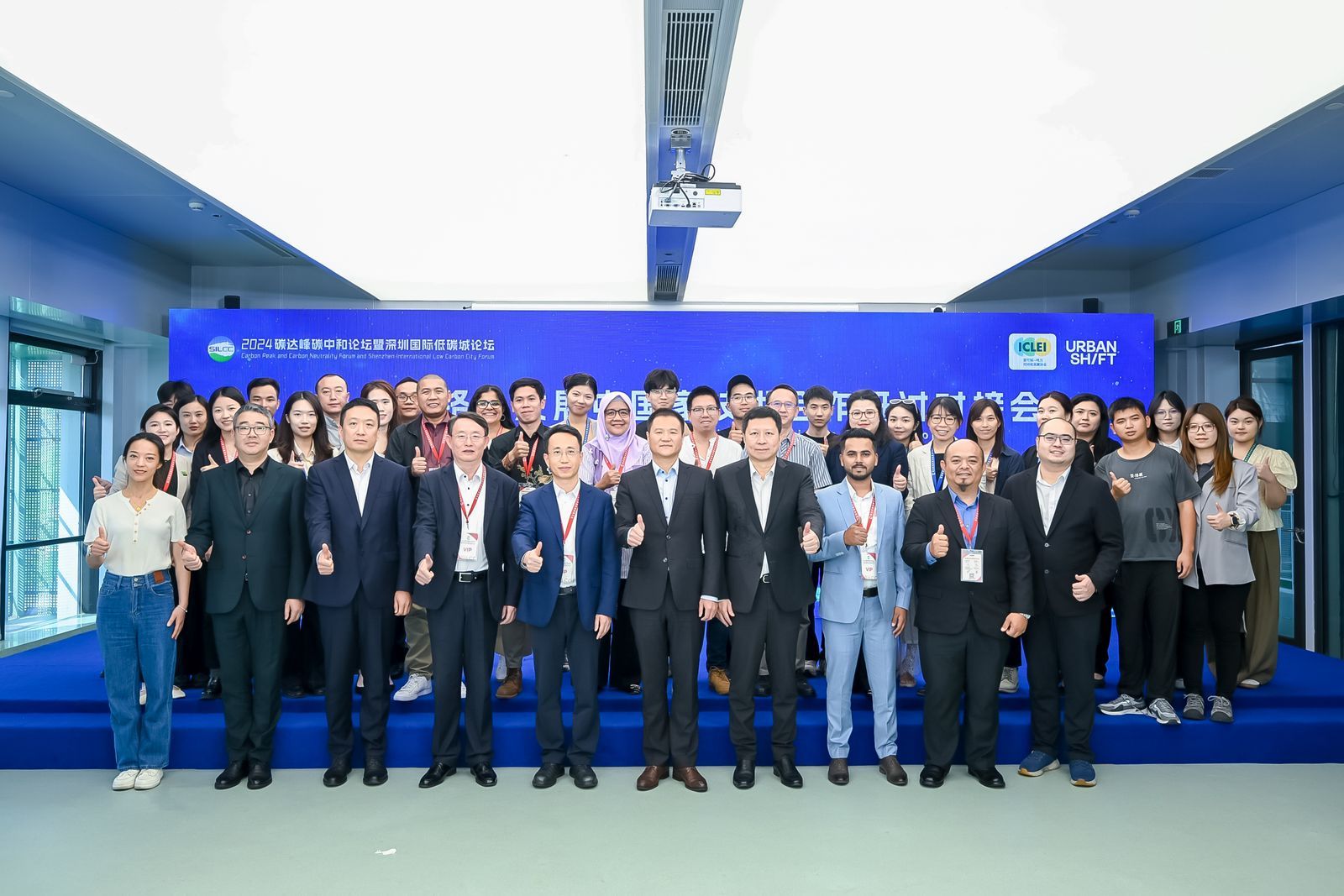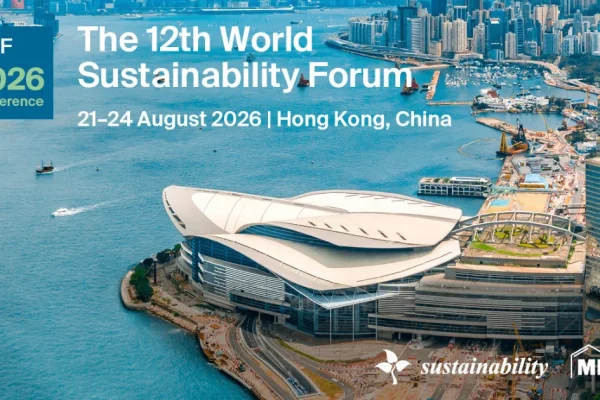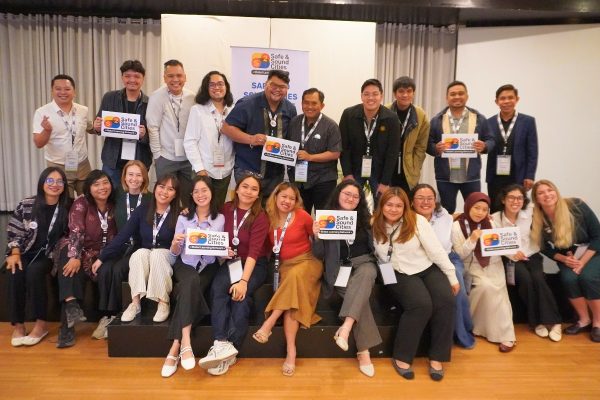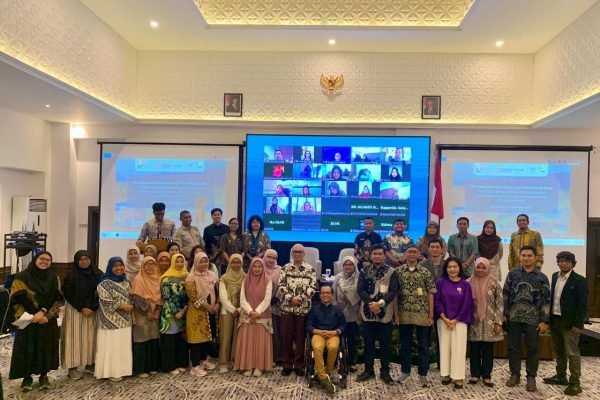Participants of the “Symposium on Climate Neutral Cities and City-Business Collaboration” hosted by the ICLEI East Asia Secretariat as part of the 12th session of the Shenzhen International Low Carbon City Forum last October 29, 2024 at the Shenzhen International Low Carbon City, China. (Photo from the 2024 Shenzhen International Low Carbon City Forum)
Southeast Asian cities shared best practices in low-carbon development in the “Symposium on Climate Neutral Cities and City-Business Collaboration” hosted by the ICLEI East Asia Secretariat as part of the 12th session of the Shenzhen International Low Carbon City Forum.
The symposium, held last October 29, 2024, gathered representatives from local governments, enterprises, business associations, and international organizations to promote cooperation among Asian cities under the framework of South-South and North-South cooperation, accelerate local actions to achieve climate neutrality, and encourage collaboration between cities and enterprises.
The Southeast Asian cities of Palembang in Indonesia, and Penang, Seberang Perai, and Alor Gajah in Malaysia joined other Asian cities in the symposium to highlight their low-carbon development initiatives and discuss how cities and businesses can work together to bridge gaps in low-carbon development.
The local governments of Penang, Seberang Perai, and Alor Gajah are members of ICLEI.
Representatives from the ICLEI World Secretariat, East Asia Secretariat, SEA Secretariat, and Indonesia Office also attended the Shenzhen International Low Carbon City Forum.
Ricardo Marfiga Jr., Membership, Governance, and Circular Economy Manager of ICLEI SEA Secretariat, moderated the discussion on “Green Infrastructure and Circular Economy” during the symposium.
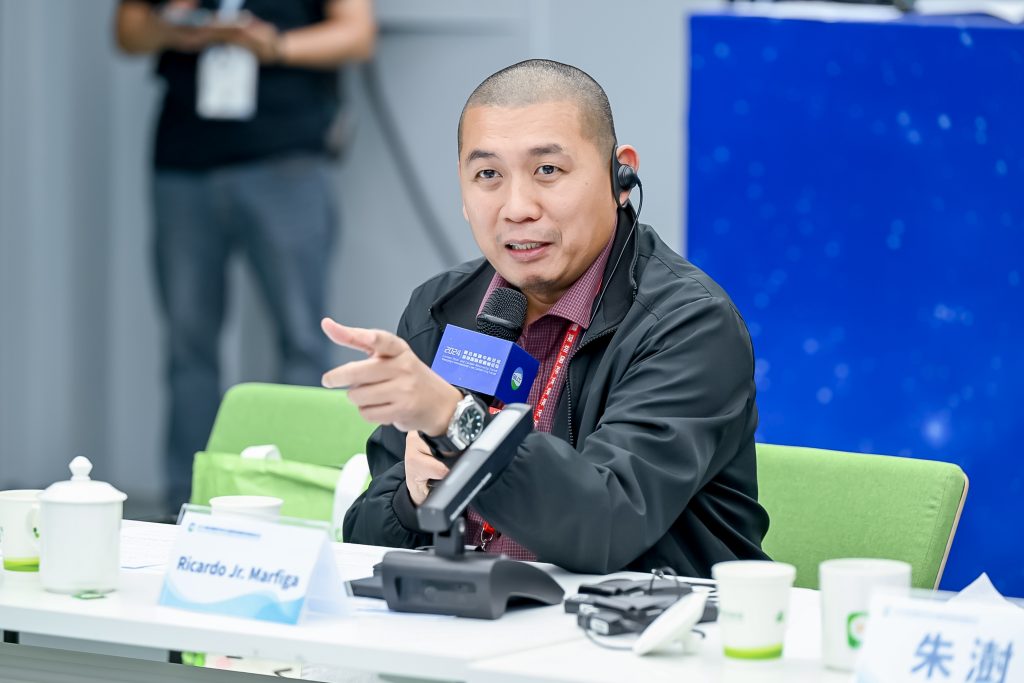
Ricardo Marfiga Jr., Membership, Governance, and Circular Economy Manager of ICLEI SEA Secretariat, at the Symposium on Climate Neutral Cities and City-Business Collaboration, held during the 12th session of the Shenzhen International Low Carbon City Forum last October 29, 2024 at the Shenzhen International Low Carbon City, China. (Photo from the 2024 Shenzhen International Low Carbon City Forum)
Circular economy in Palembang’s city planning
Andrei Prima Novriansyah, Director of the Department of Housing, Settlement, and Environment at the Regional Development Planning and Research Bureau in Palembang, presented an overview of the city’s planning and practices related to the circular economy, including the city’s efforts to reduce waste, optimize resource utilization, and improve the integration of municipal waste management and sanitation systems.
He also mentioned the city’s challenges, including a lack of sufficient recycling facilities and low resource utilization efficiency.
Penang Island’s green mobility system, urban spaces
Cho Ching Sin, an architect from the Penang Island City Council, highlighted the city’s efforts in developing green transportation infrastructure and urban spaces.
He shared how Penang Island is developing a green mobility system, which includes a network of bicycle lanes totaling 205 kilometers and the construction of a spiral bridge specifically designed for cyclists — efforts which are expected to reduce carbon emissions by approximately 1,600 tons annually.
Penang Island also installed energy-saving lighting and rainwater harvesting systems, among other environmental protection measures, in back alleys of its World Heritage areas to enhance safety in these areas as public spaces.
Moreover, Cho Ching Sin shared how 84 structures in Penang have received environmental-friendly certification, which were noted to reduce about 105,300 tons of carbon emissions annually.
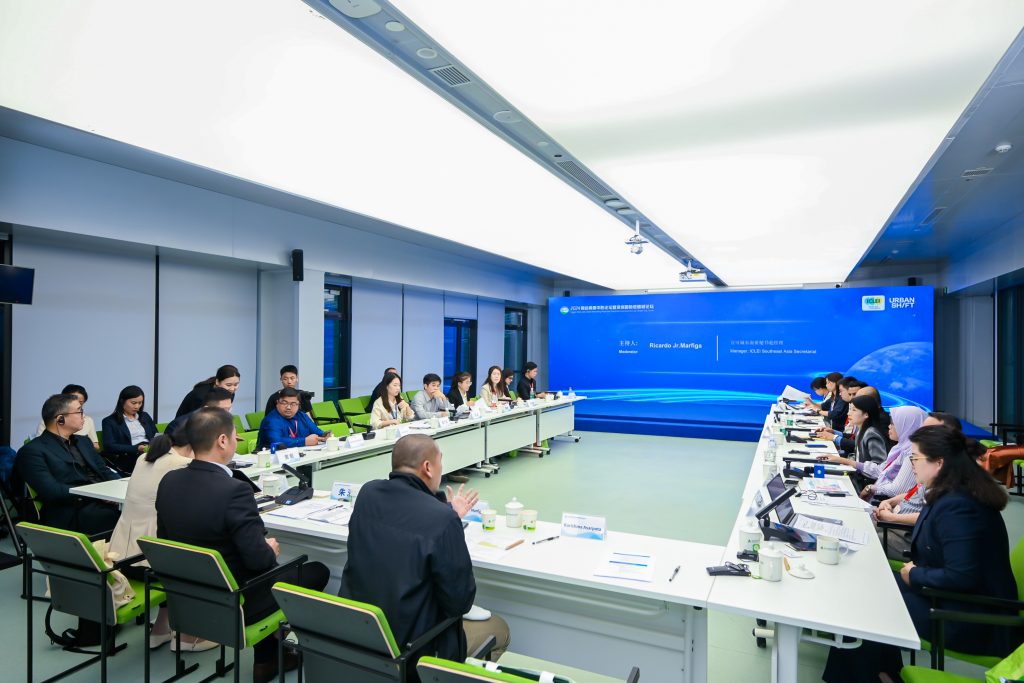
Participants of the Symposium on Climate Neutral Cities and City-Business Collaboration engage in discussions on their best practices and exchanged insights on low-carbon development last October 29, 2024 at the Shenzhen International Low Carbon City, China. (Photo from the 2024 Shenzhen International Low Carbon City Forum)
Seberang Perai’s Circular Economy Plan
Mohd Hafizi Bin Samsuari, Assistant Director-General of the Seberang Perai City Services Authority, talked about the city’s Circular Economy Plan which was launched in 2021 to achieve a zero-carbon city.
Part of the plan includes efforts and innovative practices to renovate landfills, develop integrated waste management facilities, and promote public education.
Energy transition in Alor Gajah
Mohamad Shafie Bin Taib, Director of the Smart Cities and Sustainable Development Department in Alor Gajah City, gave an overview of the city’s energy transition efforts in the symposium’s discussion on the theme, “Urban Energy Transformation.” He mentioned the city’s achievements in solar power generation and plans for upgrading infrastructure.
He mentioned the city’s energy transition challenges, particularly in terms of infrastructure, financing, and public awareness, which also posed opportunities for collaboration with businesses.
Peer exchange
Representatives of cities across Asia also joined the UrbanShift Peer Exchange last October 28-29, 2024, which was organized in collaboration with the city of Shenzhen and the Shenzhen International Low Carbon City Forum.
The peer exchange event focused on city-business cooperation in renewable energy, sustainable infrastructure, and the circular economy. Participants engaged in discussions, site visits, and presentations to learn from Shenzhen City’s expertise as a leader in green industrial transformation and explore innovative urban development solutions.
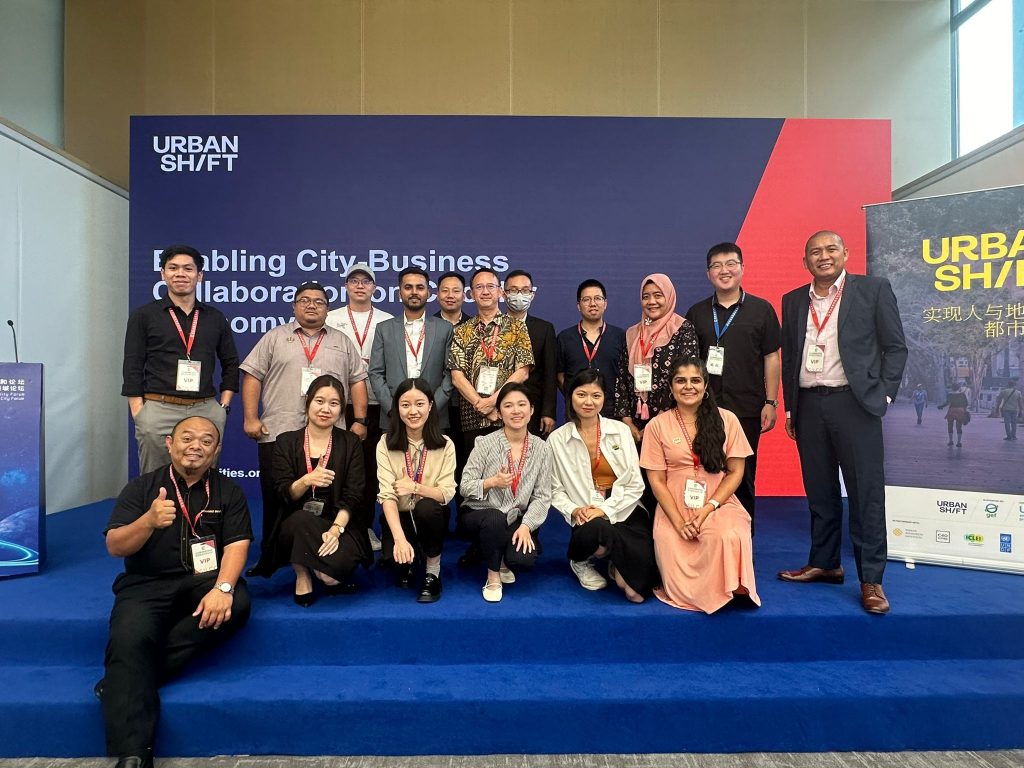
Participants of the UrbanShift peer exchange, including Ricardo Marfiga Jr. (rightmost), Membership, Governance, and Circular Economy Manager of ICLEI SEA Secretariat, gather for a photo during the event’s first day last October 28, 2024 at the Shenzhen International Low Carbon City, China. (Photo from UrbanShift)
Representatives of cities and innovative businesses working in energy storage, waste management, and building efficiency also exchanged strategies, insights, unique approaches and challenges on clean energy, climate planning, and the circular economy.
Melaka City in Malaysia, also an ICLEI member in Southeast Asia (SEA), was one of the presenters during the peer exchange.
UrbanShift is a global program that supports cities in adopting integrated approaches to urban development, building a low-carbon, climate-resilient future where both people and planet can thrive. It is funded by the Global Environment Facility, led by the UN Environment Programme and implemented in partnership with the World Resources Institute, C40 Cities, ICLEI – Local Governments for Sustainability, the UN Development Programme, the World Bank, and the Asian Development Bank.
With the theme “Developing New Quality Productivity and Promoting the Comprehensive Green Transformation of Development Mode,” the 12th session of the Shenzhen International Low Carbon City Forum last October 27-30, 2024 gathered experts and scholars, research institutions, leading enterprises and representatives of international organizations in the field of green and low-carbon to share the successful practices of green transformation and discuss the way of green and low-carbon development.
Established in 2013, the Shenzhen International Low Carbon City Forum has become an international forum with high visibility and influence in the field of green and low carbon development and a platform for spreading the concept of green development.

